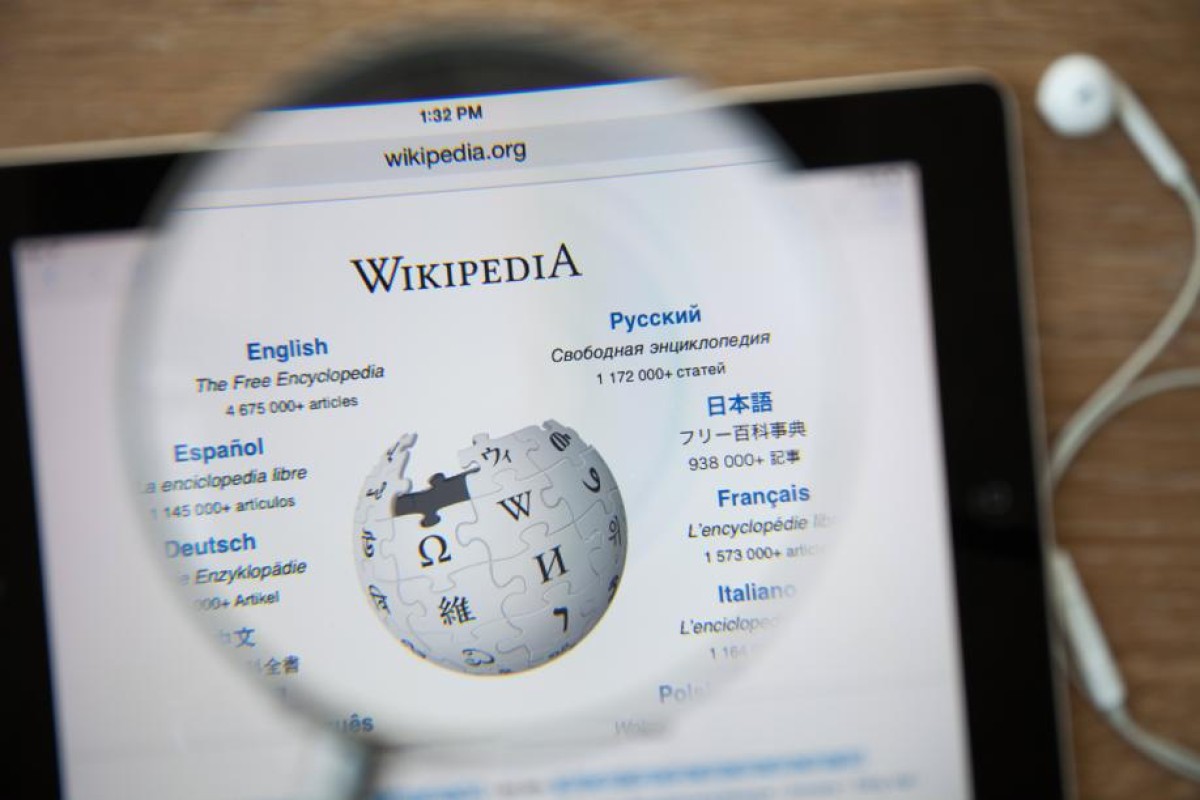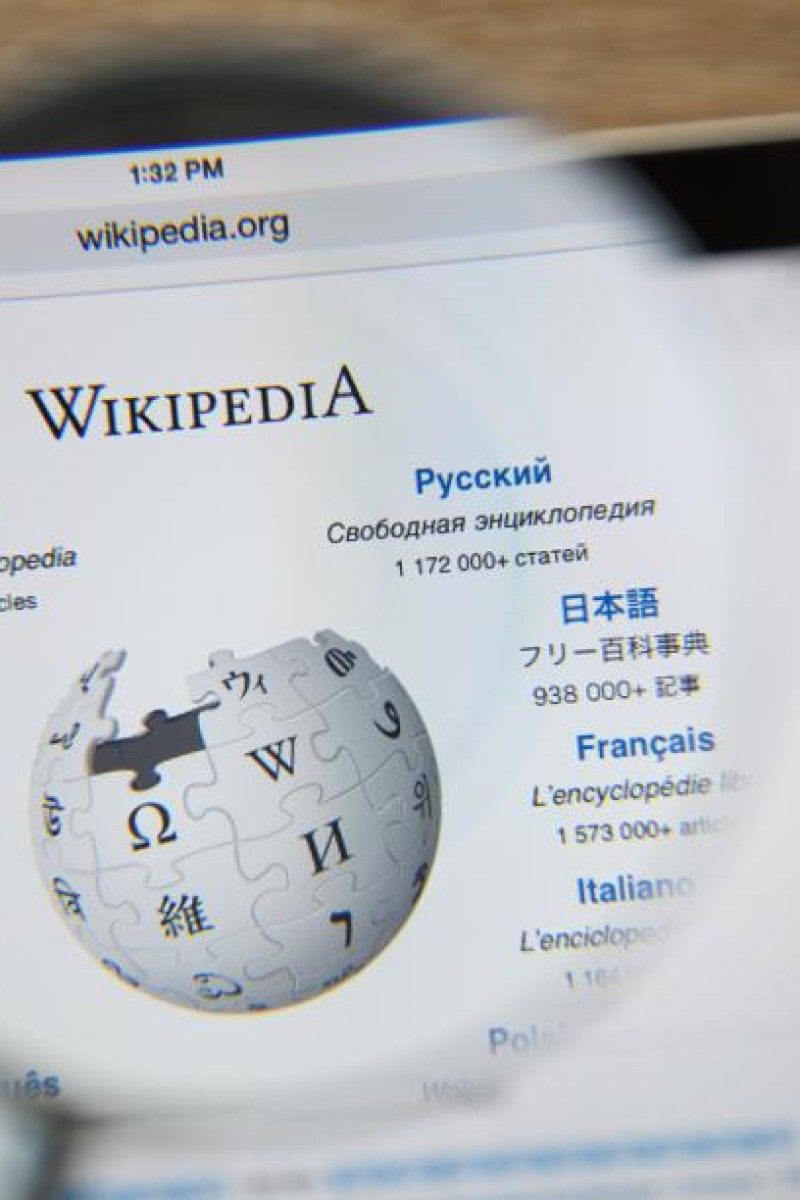
Jess Wade is a scientist on a mission. She wants every woman who has achieved something impressive in science to get the recognition they deserve – starting with a Wikipedia entry. “I’ve done about 270 in the past year,” says Wade, a researcher at Imperial College London in Britain. “I had a target for doing one a day, but sometimes I get too excited and do three.”
The lack of support for women in science can be disheartening, but Wade’s approach is refreshing. “I kind of realised we can only really change things from the inside,” she says. “Wikipedia is a really great way to engage people in this mission because the more you read about these sensational women, the more you get so motivated and inspired by their personal stories.”
The further Wade advanced in her career, the more she realised how male-dominated her field was.“Being isolated is hard – this goes for all underrepresented groups,” she says.
Face Off: are women treated fairly in HK?
Wade joined outreach programmes to encourage girls to take up science, but she didn’t feel these campaigns had the right approach. “If I heard something was only 9 per cent of girls when I was at school I would’ve been, ‘Like, no’,” says Wade.
Wade also noticed that initiatives were receiving a signifiant mount of funding, but no evaluations were being made as to whether they achieved their aims. She began to look into what had been shown to work best: speaking to parents and teachers, for instance, rather than just focusing solely on pupils.
After seeing the reach achieved by uploading scientific images on to Wikimedia Commons, the free photo-sharing site, she decided to do the same for scientists themselves.
Women welcome: Information and Communications Technology is no longer just an old boys' club
Professor Kim Cobb , a US climate scientist, was her first subject. “She’s super interesting, she does really cool research on corals and she goes diving to collect samples,” she says.
Soon after, Wade went to a talk by Susan Goldberg , editor of National Geographic (the first woman to hold this post), who noticed she too lacked a Wikipedia entry. “I thought ‘That’s outrageous’, so I did her page,” she says. Since then she has done hundreds more.
Wade has been met with a surge of online support, and most of her subjects have been thrilled. “Professors feel really empowered when they’ve got one,” she says.
